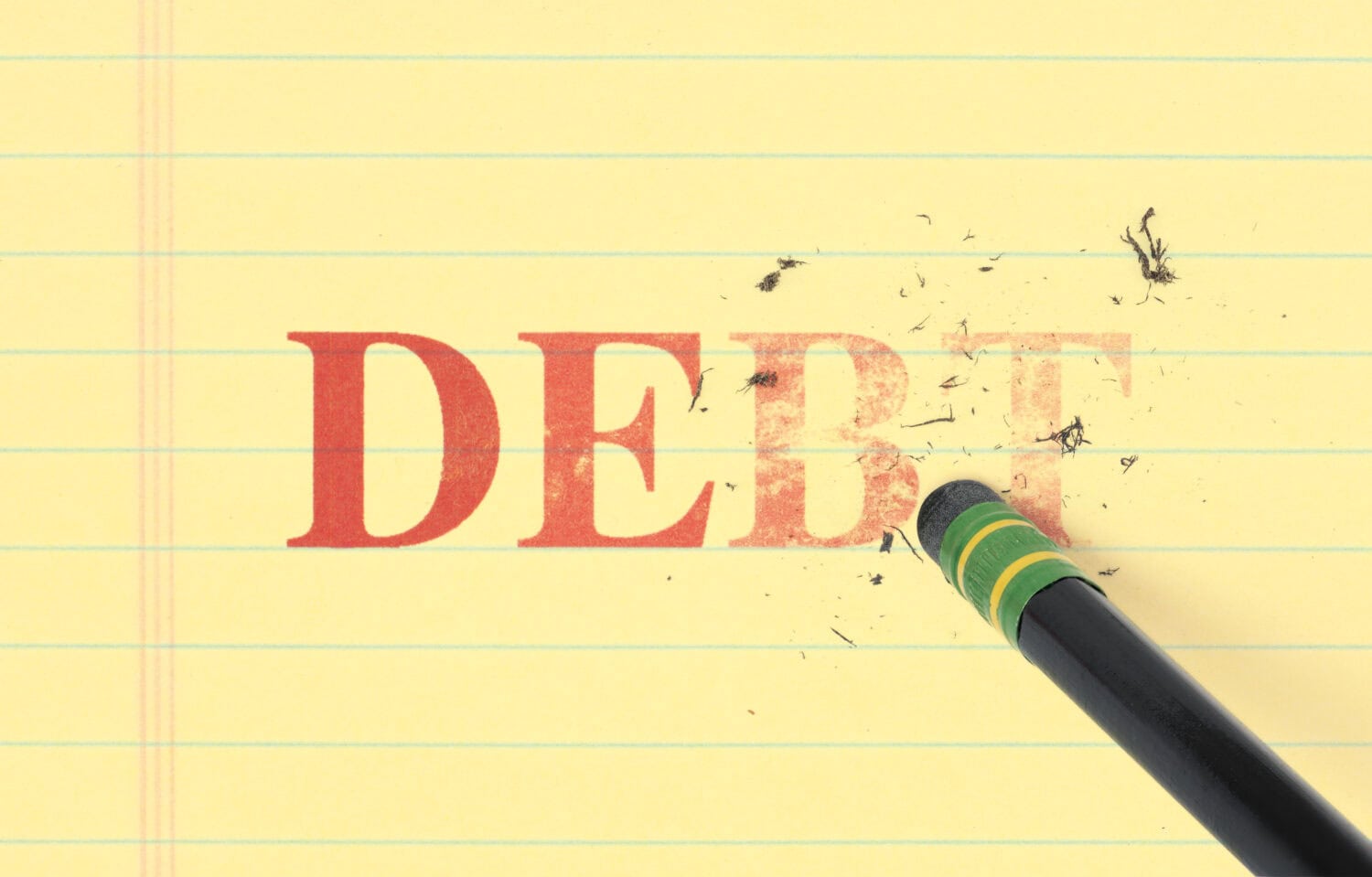Personal Finance
Suze Orman Is Right About This Key Personal Finance Concept

Published:

Suze Orman is a household name in the world of personal finance, and plenty of investors and individuals looking to get their household finances in order pay attention to what she has to say. That’s for good reason – her message is generally a positive one, and one that most can get behind. The idea that managing one’s debt is key to creating financial freedom over the long-term isn’t controversial at all, and there are plenty of other personal finance experts who share these views.
Now, Suze Orman has given plenty of talks and discussed a wide range of issues beyond debt management in the past. However, I do think much of her discussion around high-interest debt (namely, credit card balances) and how these debt burdens can derail financial progress toward other big goals, is a key talking point to emphasize.
Here’s a look at some of Suze Orman’s insights around how to manage what can feel like an ever-increasing debt burden, and how households can dig themselves out of a debt hole and move toward building wealth over the long-term.

Suze Orman’s advice around debt has been pretty straight forward in general. Her view has long been that debt can be a silent obstacle to financial freedom, especially when it involves high-interest credit cards. I couldn’t agree more, and given that credit card balances in the U.S. just hit a record high at $1.17 trillion, this is a problem that’s clearly plaguing millions of households out there.
It’s generally true that compounding is one of the great wonders of the world, and can grow an investors’ wealth to unimaginable levels, given enough time. Unfortunately, the same is also true on the flip side, with compounding interest providing a death spiral some households can’t ever get out of. Such a spiral can make even small debts become overwhelming, becoming a major roadblock for those striving to achieve financial stability. Unchecked debt can not only impact your wallet but also your peace of mind, leading to stress and limiting your financial options.
Suze Orman has suggested that those who find themselves in this position prioritize paying down debt as quickly as possible to break free from this cycle and move toward wealth building. In doing so, the extra capital a household would have paid toward extra debt payments could otherwise be put into a savings or brokerage account, and add up to a significant sum years or decades down the road. It’s about creating opportunities for a more secure and stress-free life.

Suze Orman’s debt management philosophy centers on eliminating high-interest obligations first. This is the advice most personal finance experts give, and it’s prudent. It makes no sense to invest in stocks and bonds, earn an average return of around 10% or so each year, while also paying more than 20% interest on credit card balances. In theory, paying these expensive high-interest debts off first is like earning a guaranteed return of 20%+. That’s a bet worth making, and is one that can benefit investors to a greater degree than putting more capital into the market when one is carrying a credit card balance.
Shortening a households’ cost of borrowing and shortening the term it takes to become debt free requires discipline and prioritization, but it’s something all households are capable of. Regaining control over one’s financial future can provide not only financial benefits, but mental health benefits as well, and can lay the foundation for long-term security.
Orman’s preferred strategy for paying down debt the fastest is what’s often called the roll-down method, a targeted approach to eliminating debt systematically. This technique involves concentrating repayment efforts on the most expensive debt first, while maintaining minimum payments on others. As each debt is cleared, the payments you were making are redirected to the next debt, accelerating the process.
This strategy is in contrast to the debt snowball strategy other personal finance experts like Dave Ramsey have put forward, but it’s the one that makes most mathematical sense and the one I’d live by.

Suze Orman’s advice is actionable and grounded in practicality. Her advice is also applicable to a large number of households with varying and unique circumstances. Many of us may be considering whether to pay off debt or invest in the market and in Orman’s view, getting rid of one’s highest-interest debt payments before starting on the investing journey is one that makes sense.
I think financial freedom is certainly possible for most households – it’s really just a math exercise. Finding a way to live within one’s means, and use any extra income to pay down high interest debt first (and then invest) can create a bright financial future. Such a way of life involves delayed gratification. But for those looking to live a long and happy life in retirement may certainly want to heed Ms. Orman’s advice and avoid falling into the delinquency trap many Americans are falling into right now.
Retirement can be daunting, but it doesn’t need to be.
Imagine having an expert in your corner to help you with your financial goals. Someone to help you determine if you’re ahead, behind, or right on track. With SmartAsset, that’s not just a dream—it’s reality. This free tool connects you with pre-screened financial advisors who work in your best interests. It’s quick, it’s easy, so take the leap today and start planning smarter!
Don’t waste another minute; get started right here and help your retirement dreams become a retirement reality.
Thank you for reading! Have some feedback for us?
Contact the 24/7 Wall St. editorial team.